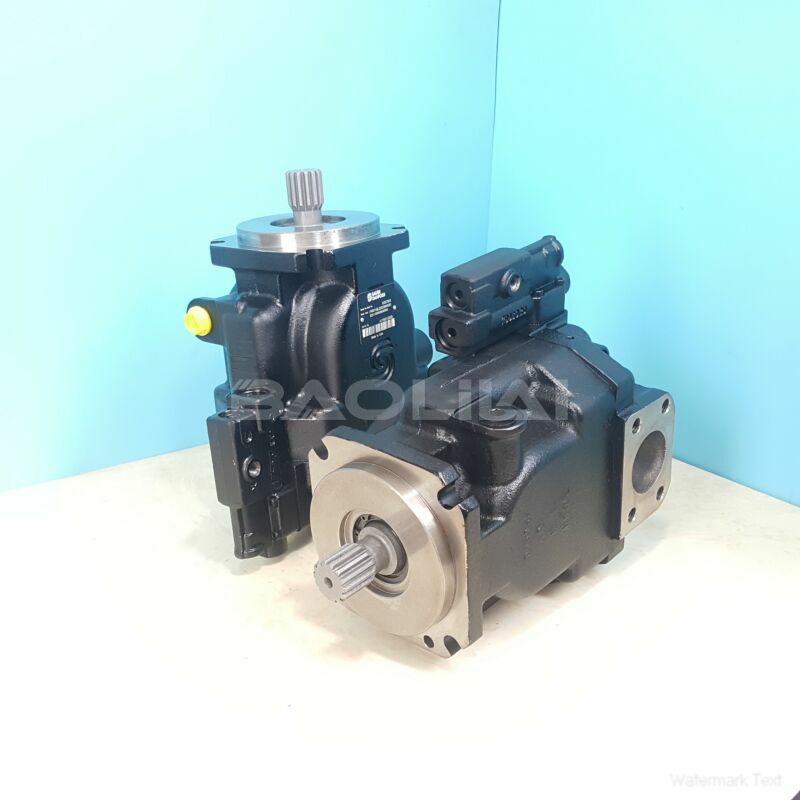FRR074BLS2420NNN3S1A2A1NNNNNNNNNN danfoss pump
FRR074BLS2420NNN3S1A2A1NNNNNNNNNN danfoss pump

- Product Details
- Applicable Scene
Piston pumps are widely used in various industrial applications for their reliability and efficiency in moving fluids. However, their performance can be significantly influenced by the condition of the filters used within the system. Proper filter maintenance is crucial to ensure the longevity and optimal performance of piston pumps. This article explores the important role that filter maintenance plays in piston pump performance, highlighting the advantages of maintaining clean filters and the potential consequences of neglecting this critical aspect.
FR-R-074B-LS-24-20-NN-N-3-S1A2-A1N-NNN-NNN-NNN
FRR074BLS2420NNN3S1A2A1NNNNNNNNNN
Filters in a piston pump system serve to remove contaminants from the fluid before it reaches the pump. These contaminants can include dirt, debris, and other particulate matter that may interfere with the pump’s operation. When filters become clogged or dirty, they can obstruct the flow of fluid to the pump, resulting in a drop in efficiency and increased wear and tear on the pump components.

7002518
One of the primary advantages of regular filter maintenance is the prevention of pump failure. A clean filter allows for an uninterrupted flow of fluid, helping to maintain the proper pressure and reduce the strain on the pump. When the pump is operating under optimal conditions, it is less likely to experience issues such as overheating, cavitation, or mechanical failure. Regularly scheduled filter inspections and replacements can significantly extend the lifespan of piston pumps, reducing the risk of costly repairs and downtime.
Additionally, maintaining clean filters can enhance the overall performance of the piston pump. When fluid flows freely without obstruction, it contributes to the pump’s efficiency, ensuring that it can deliver the required flow rate and pressure. This is particularly important in applications where precise fluid delivery is critical, such as in hydraulic systems or chemical processing. Improved performance not only leads to better operational outcomes but also contributes to energy savings, as a well-maintained pump requires less energy to operate.





